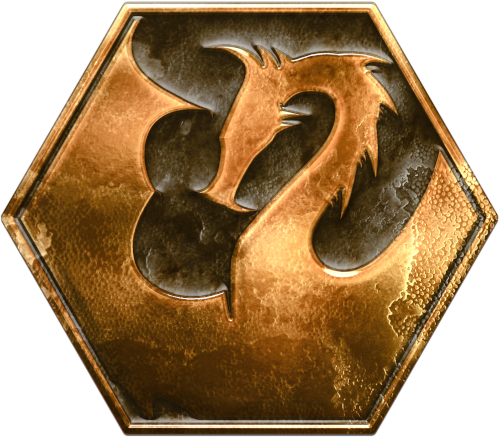I think the point here is that the racial/subrace rules don't do anything to distinguish between aspects that are genetic, that which are the product of upbringing, or that which require both.
Characters start as young adults, and we rarely (if ever) see stat blocks of children (for understandable reasons). All we're using to divine the inherent or learned nature of any racial ability is our intuition and the assumptions from the narratives of previous iterations of the race. And for any ability we assume as genetic, it's trivial to create a narrative where it's a learned/taught/granted by cultural rite ability. (And vice-versa!)



